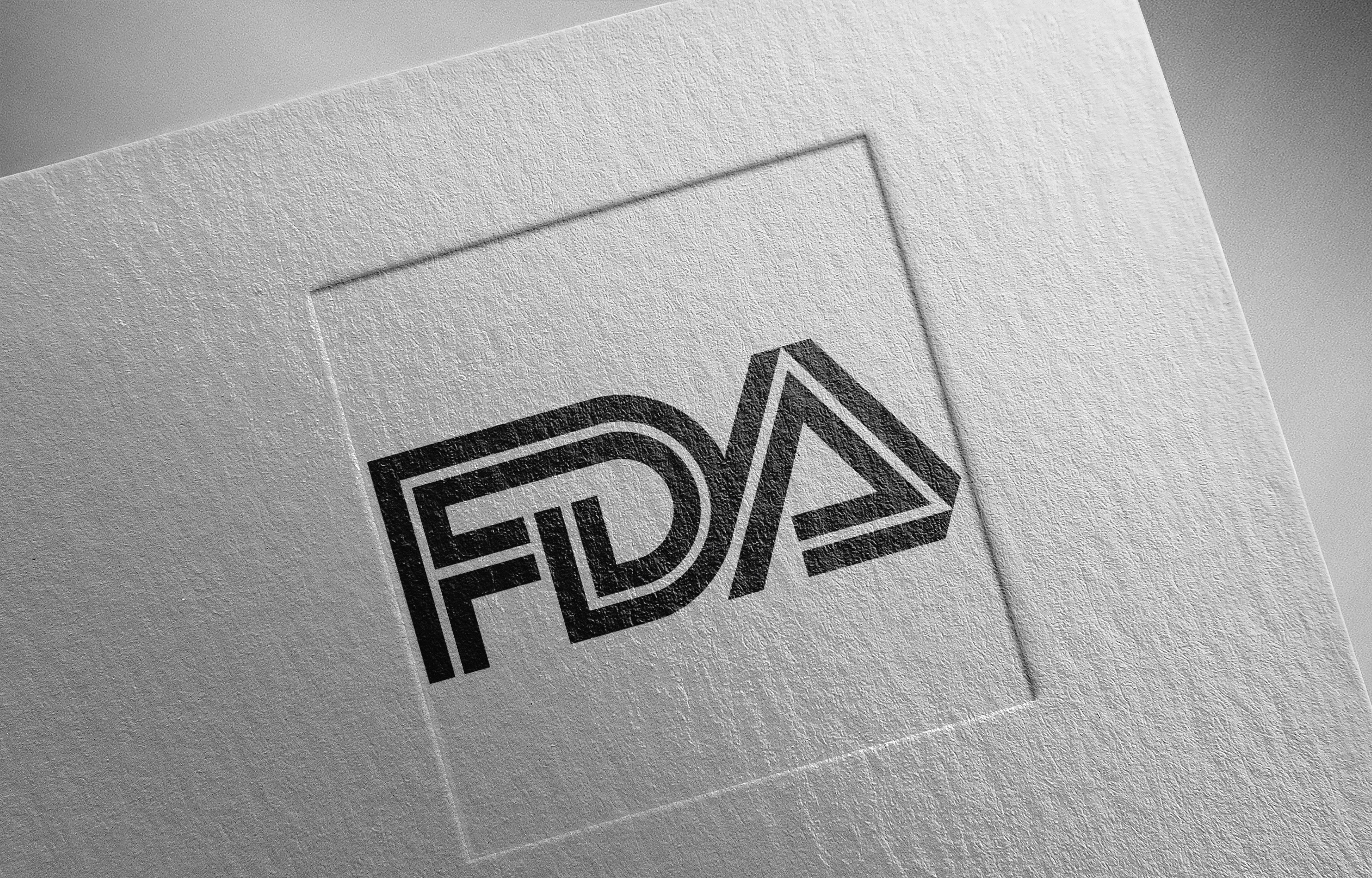FDA accepts donidalorsen NDA for prophylactic hereditary angioedema
Application acceptance was based on positive results with monthly and bi-monthly dosing data from a phase 3 trial.
FDA accepts donidalorsen NDA for prophylactic hereditary angioedema | Image Credit: © Araki Illustrations - © Araki Illustrations - stock.adobe.com.

The acceptance of a New Drug Application (NDA) has been issued by the FDA for Ionis Pharmaceuticals' donidalorsen, an investigational RNA-targeted prophylaxis medicine to prevent attacks of hereditary angioedema (HAE) in adult and pediatric patients aged 12 years and older.1
According to a press release from Ionis, the federal agency has set a Prescription Drug User Fee Act date of August 21, 2025.1
According to the American Academy of Allergy, Asthma, and Immunology (AAAAI), HAE is a rare genetic condition that results in people having a low level of an important protein (C1-INH) in their blood or this C1-INH protein does not function appropriately. The condition is a potentially life-threatening disorder.2
The condition involves recurrent attacks of severe swelling in various parts of the body such as feet, hands, genitals, stomach, face and/or throat. According to Ionis, donidalorsen is designed to reduce the production of prekallikrein (PKK), interrupting the pathway that leads to HAE attacks.1
In October 2024, at the 2024 American College of Allergy, Asthma & Immunology (ACAAI) Meeting in Boston, Massachusetts, Ionis announced positive, new, 3-year data from a phase 2 open-label extension study, as well as from the phase 3 OASIS-HAE study (NCT05139810) of donidalorsen.3,4
Presented via an e-poster titled, "Impact Of Donidalorsen On Patient-Reported Outcomes: Results From The Phase 3 OASIS-HAE Study," the investigators presented further analysis of the multicenter, double-blind, placebo-controlled, and randomized phase 3 trial.4
The trial included patients aged 12 years and older with HAE-C1INH-Type1 or HAE-C1INH-Type2. Patients received 80 mg donidalorsen or placebo subcutaneously once every 4 weeks (Q4W) or once every 8 weeks (Q8W)across 24 weeks. These patients were pooled for analysis, for patient-reported outcomes (PROs), quality of life (QoL) domains, disease control, and work or school impairment from OASIS-HAE.4
Ninety patients were dosed, and in total, 83 patients (91%) completed study treatment.4
According to results presented in the poster, authors wrote, "Patients receiving donidalorsen Q4W or Q8W reported statistically significant improvements in QoL, relative to pooled placebo, in terms of functioning, fears/shame, and nutrition."4
Compared to pooled placebo, a significantly larger proportion, according to study investigators, of the donidalorsen Q4W group achieved the clinically important difference (MCID) in Angioedema Quality of Life Questionnaire (AE-QoL) total score from baseline to week 24.4
Most patients in both donidalorsen groups reached the MCID in AECT total score at Week 24 (90.2% Q4W group; 68.2% Q8W group). Additionally, approximately half of patients in each donidalorsen group reported complete disease control (AECT = 16) at Week 24 (51.1% Q4W group; 47.8% Q8W group).4
Across all 3 studies presented at ACAAI, donidalorsen was well-tolerated, with no serious treatment-emergent adverse events related to the treatment.1
"Based on the totality of clinical evidence from the Phase 3 OASIS-HAE and OASISplus studies, as well as new [3]-year results from our Phase 2 OLE study, we believe that donidalorsen has the potential to advance the prophylactic treatment paradigm for people living with HAE," said Brett Monia, PhD, chief executive officer of Ionis, in a press release. "With the FDA acceptance of our donidalorsen NDA, we are poised for our second independent launch next year, assuming approval, which will allow us to continue to deliver on our goal to bring a steady cadence of medicines to patients with serious diseases."1
References:
1. Ionis announces FDA acceptance of New Drug Application for donidalorsen for prophylactic treatment of HAE. lonis Pharmaceuticals, Inc. Press release. November 4, 2024. Accessed November 4, 2024. https://ir.ionis.com/news-releases/news-release-details/ionis-announces-fda-acceptance-new-drug-application-donidalorsen
2. Understanding Hereditary Angioedema. American Academy of Allergy, Asthma, and Immunology. Updated January 10, 2024. Accessed November 4, 2024. https://www.aaaai.org/tools-for-the-public/conditions-library/allergies/understanding-hereditary-angioedema#:~:text=These%20triggers%20may%20include%20anxiety,such%20as%20colds%20and%20flu.
3. New positive donidalorsen data to be presented at 2024 American College of Allergy, Asthma & Immunology (ACAAI) Annual Scientific Meeting. lonis Pharmaceuticals, Inc. Press release. October 3, 2024. Accessed November 4, 2024. https://ir.ionis.com/news-releases/news-release-details/new-positive-donidalorsen-data-be-presented-2024-american
4. Maning M, Bordone L, Cohn D, et al. Phase 2 Open-Label Extension Of Donidalorsen In Patients With Hereditary Angioedema: A Week 196 Analysis. Poster presentation. Presented at: 2024 ACAAI Annual Scientific Meeting. October 24-28, 2024. Boston, Massachusetts.